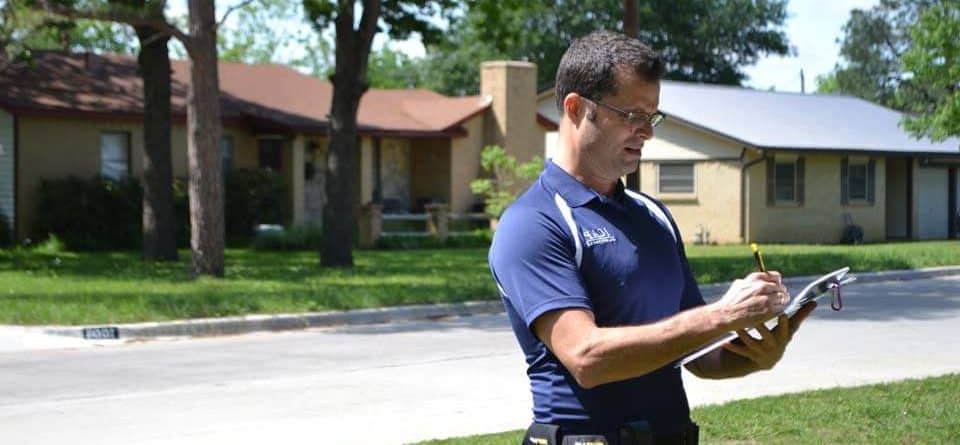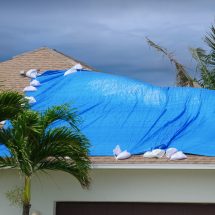A common question posed by prospective independent adjusters concerns the feasibility of working from home. Most folks understand that independent adjusting can require extensive travel, but must it? Can an adjuster enjoy the benefits of independent adjusting (good pay, autonomy) and sleep in their own bed every night? Many folks are excited by the career prospects of adjusting but are apprehensive about its effect on their family life. So, what should you realistically expect?
Its our opinion that under ordinary circumstances independent adjusting can be done from home – but NOT until you have first paid your dues.
Let’s unpack this statement a bit. Working at (or close to) home as an independent insurance adjuster means you’d primarily be handling daily or non-catastrophic claims. Why? Because there simply aren’t enough catastrophes in any one geographic region to keep an adjuster consistently busy for an extended period of time (more than 2-3 years). Even Florida residents can hardly expect to solely work hurricane claims in Florida for a living as there might be years without a major storm making landfall. Granted, some adjusters worked in the New Orleans or Houston areas for several years after Katrina and Harvey, but those are more exceptions than rules.
So an independent adjuster that doesn’t want to travel needs to subsist almost exclusively on daily claims. “Daily” or non-cat claims are those everyday property and liability claims that happen all the time across the country: pipes bursting, kitchen fires, leaky roofs, barns burning, dead trees falling on structures, auto accidents, slip and falls, etc. Accordingly, daily claims adjusters are expected to be “Jacks of all trades” – a little residential property here, a little commercial liability there. This requires a higher level of overall proficiency and a better understanding of the whole claims process, multiple types of insurance, and multiple types of loss assessment. Looking at it that way, it’s not surprising that Adjusting Firms either strongly prefer or fundamentally require 3 to 5 years experience in their daily claims adjusters.
So that begs the question: How do you acquire experience in the first place? How DO you pay your dues?
The answer is often through catastrophic claims work. When “the big one” hits, say a major hurricane or an earthquake, the demand for adjusters immediately exceeds the supply so Adjusting Firms are willing to give anyone meeting the basic qualifications (licensure, a vehicle, citizenship) a set of claims files. This is the proving ground for new adjusters. It can truly be baptism by fire but for those that succeed and even thrive, the door is opened wide. Work two or three CATs and suddenly you have both the experience and the confidence to vie for a daily claims gig in your area. And from there, you can really begin to carve out your niche in the claims industry (i.e. someone living close to a Marina who has a passion for boats could become a full-time recreational boat adjuster).
Obviously, there are many, many ways to break into the industry and the old adage that ‘who you know beats what you know’ can sometimes be true here as well. But, for many, the career trajectory sketched above will closely mirror their own. You can work at home, but expect to hit the road to earn it.
– Daniel Kerr



